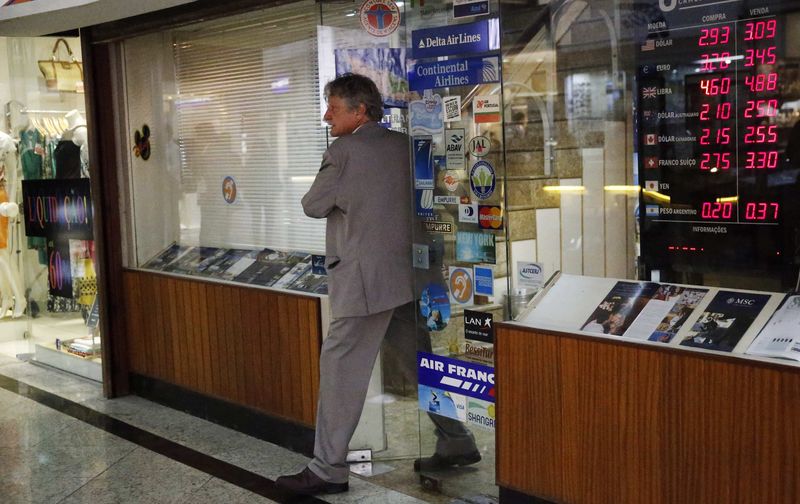© Reuters. The European Parliament approves the first regulations for cryptoactives in the EU
Brussels, Apr 20 (.).- The European Parliament gave the green light this Thursday to two agreements to regulate all crypto assets for the first time in the European Union, from their authorization and supervision to transparency requirements, as well as to trace transfers with cryptocurrencies in order to fight money laundering.
The MEPs confirmed the political pacts they had reached last year with the Council, which represents the States, on the regulation of the Cryptoactive Market (MiCA, in English), on the one hand, and on the transfer of funds, on the other. another, so that both can enter into force once the Council formally approves them.
These rules “mark the end of a wild west for crypto assets and the start of a new era of regulated surveillance,” Greens MEP Ernest Urtasun, one of the parliamentary leaders behind the deal, said in a statement.
“The lack of regulation in crypto assets has generated huge losses for many first-time investors and provided a safe haven for hackers, fraudsters and international criminal networks for more than a decade,” he stressed.
The MiCA regulation is precisely intended to bring order to the market for assets that are increasingly used as a means of payment or investment, but which are not subject to the rules and guarantees that govern traditional financial services.
This poses risks in terms of consumer protection, privacy, money laundering, financing of illegal activities and, even, for financial stability that the EU seeks to tackle by putting all crypto assets, issuers and service providers under a regulatory framework.
Among other things, the regulation provides that in order to operate in the EU, cryptocurrency service providers must have a physical presence on the continent and receive prior authorization from national authorities.
At the same time, requirements are introduced on the information that investors must provide about the use they will make of their funds, their obligations or the risks of the investment, as well as the obligation to report their climate impact to tackle the high carbon footprint. activities that consume enormous amounts of energy.
The text includes measures against market manipulation and for the prevention of money laundering and gives a role to the European Securities and Markets Authority (ESMA), which will establish a public registry for crypto asset service providers that do not comply with the rules and that operate in the EU without authorization.
The regulation on transfers with crypto assets is also designed to fight money laundering and terrorist financing, which extends to these operations the identification obligations that already apply to transfers with conventional funds.
Cryptocurrency providers will be obliged to obtain, keep and transmit information about the payer and beneficiary of a transfer, which will make it possible to identify suspicious transactions and take measures to freeze or veto operations, for example with sanctioned entities.
The rules will apply even when transfers are less than 1,000 euros, the limit initially proposed by the Commission, but not to person-to-person transfers made without the mediation of a provider.
In a debate yesterday with MEPs, the Financial Services Commissioner, Mairead McGuinness, advanced that there are areas that were not addressed with these rules because it was considered “premature” given their novel nature and that now they will have to be studied, such as “decentralized finance , loans with crypto assets and non-fungible tokens”.
“The Commission has to analyze the feasibility and necessity of regulating these activities in the 18 months after the entry into force of MiCA and will start the work now,” he said.
lpc-






